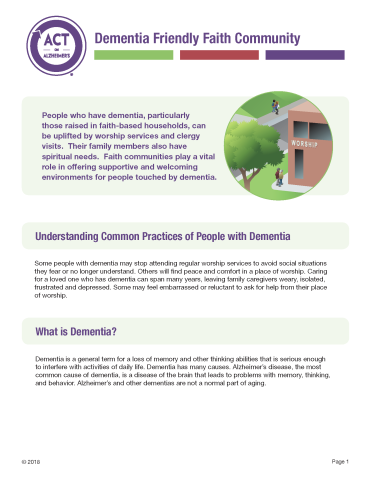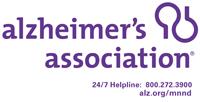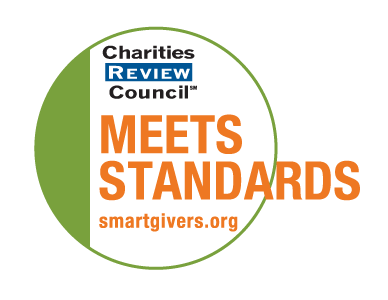SECTOR GUIDE
Faith Communities
People who live with dementia, particularly those raised in faith-based households, can be uplifted by worship services and clergy visits.
Key Ideas
Faith communities play a vital role in offering supportive and welcoming environments for people touched by dementia.
Some people with dementia may stop attending regular worship services to avoid social situations they fear or no longer understand. Others will find peace and comfort in a place of worship.
Caring for a loved one who has dementia can span many years, leaving family caregivers weary, isolated, frustrated and depressed. Some may feel embarrassed or reluctant to ask for help from their place of worship.
If you engage with people living with dementia or their care partners in a faith community, download the pdf sector guide for valuable tips and suggestions for support.
Spiritually Engaging People with Dementia
- Keep services short and simple. Services of 30 minutes or less can help someone with dementia feel more engaged and better able to concentrate.
- Use traditional songs. People with memory loss can often remember things from earlier in their life. They may relate better to traditional music or old hymns than to modern spiritual music.
- Get the person involved in activities that match his or her changing abilities and involve interaction with others, such as attending choir concerts, participating in intergenerational programs, and doing repetitive tasks.
- Use Old Testament (or the Hebrew) scriptures or translations and encourage interaction; the person may not relate to newer, international versions.
- Provide worship services at the family’s home or provide an audio or video recording when attending a service in person becomes difficult.
- Plan short, frequent home visits rather than lengthy ones. Create a spiritual connection with a familiar prayer or scripture or recount a special event at the place of worship. Offer short devotions or inspirational stories lasting no longer than five minutes.
Supporting the Families of People with Dementia
- Don’t wait for family members to ask; offer some support possibilities.
- Ask family members how they are and how their loved one is doing.
- Encourage family caregivers to express feelings of loss, frustration, joy, and love.
- Form a caregiver support group.
- Suggest ways to take a break from daily caregiving responsibilities, such as having congregation members make home visits or using a formal community service like adult day care.
- Offer to help the family get their loved one ready for worship services or help arrange transportation.
Key Resources
Book of Alzheimer’s for African-American Churches
The Book of Alzheimer’s for African-American Churches is written for church leaders interested in helping families cope with dementia. This 72-page manual is designed to share what was learned during 4 years of a national grant to build awareness and support related to Alzheimer’s disease in the Lexington/Bluegrass area of Kentucky.
Creating Dementia-Friendly Faith Communities Webinar
Susan McFadden, April 30, 2018 | PowerPoint | Bibliography
Dementia-Friendly Faith Communities Bibliography
Websites and books about dementia-friendly faith communities from Susan H. McFadden, Ph.D., University of Wisconsin Oshkosh and the Fox Valley Memory Project (www.foxvalleymemoryproject.org)
Dementia friendly church checklist
Glorious Opportunity Resources
Videos, leaflets and presentations on dementia and Alzheimer’s
Growing Dementia Friendly Churches A guide for all churches who are seeking to be welcoming, inclusive and nurturing communities to all who enter their doors, including people who have dementia and those who share their journey.









